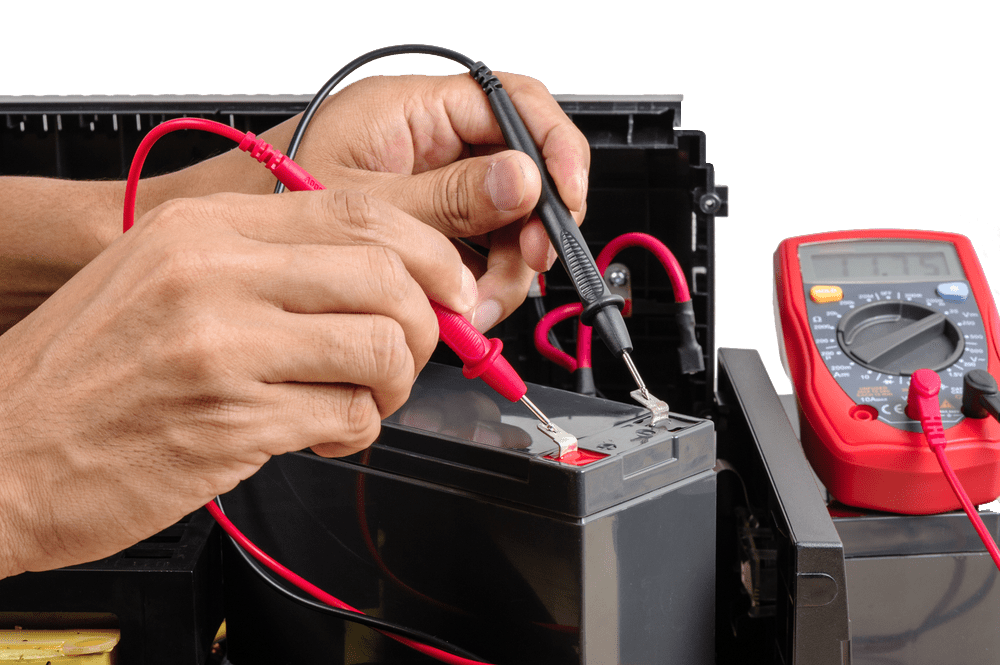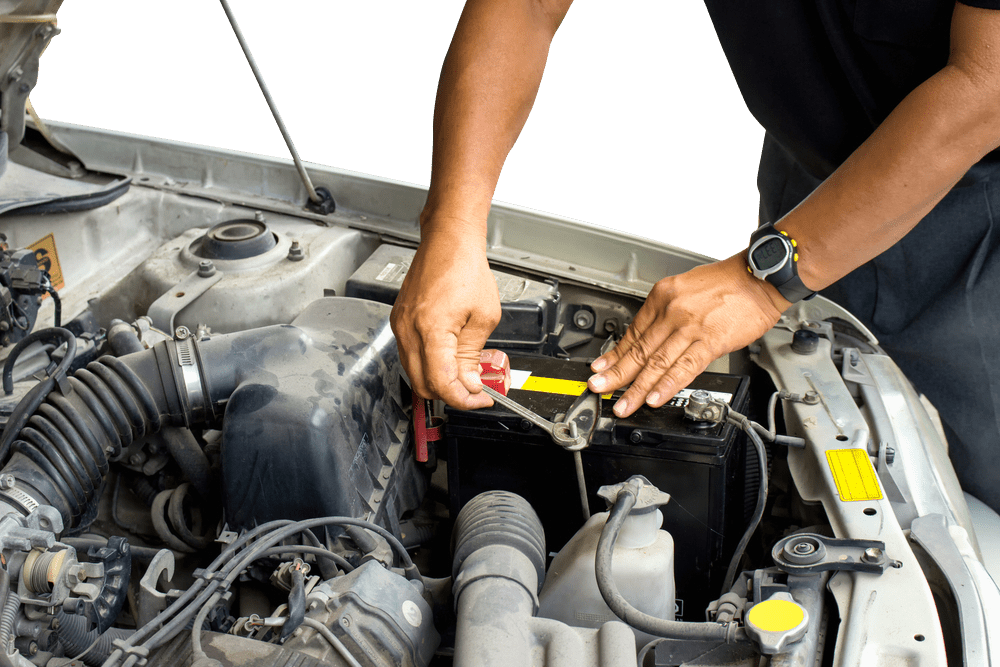- 30 Jun 2022
6 Common Causes of Car Battery Failures

Our vehicles are our lifelines, and it’s tough to imagine our life without them. They are the most common mode of commutation for daily travelers. Almost everybody must have experienced a common scenario at some point in life when we tried to turn our car on, and it failed to start. This could be a reason for car battery failures. Be it your own vehicle or a commercial vehicle, a battery can always fail at the most inopportune moments.
6 Common Causes of Car Battery Failures
Corrosion
Corroded battery terminals are one of the main culprits behind decreased battery life and performance. The corrosion interferes with the electrical current flow between the battery and the engine.
Aging
Batteries gradually deteriorate until they can no longer provide enough power to start an engine. This wear time could take three to five years, and a vehicle’s usage pattern is one factor contributing to the rate at which a battery will age. Vibration causes internal battery parts to break down.
Cold Weather
Cold temperatures put severe stress on your battery, so the winter season is often a catalyst for car battery replacements. The cold weather has your vehicle facing two challenges: power loss with slow chemical reactions and oil/engine troubles. Freezing weather drains your battery power by 30-60%. Your battery naturally recharges as you drive, but you must first face getting it started. Most batteries work through an electrochemical reaction, which sends power signals to your terminal ends. This chemical reaction slows down in colder weather, weakening your battery’s power.
Electric Leakage
Car batteries contain a sulphuric acid solution that is highly toxic and corrosive. Therefore, you must handle leaking car batteries with extreme care and attention. It is unusual for a car battery to leak if it is functioning normally; however, tell-tale signs can indicate a leak. Cracks in the battery casing and visible evidence of fluid dripping from these fractures, bubbling liquid seeping through the cell caps, and a distorted battery shape is the signs of electric leakage.
Repeated Cycling
When a battery goes from fully charged to fully discharged repeatedly, it loses a lot of active materials from the positive plates. Thus, reducing its capacity and useful life.
Improper Care
Our batteries need proper maintenance and care, even when not in use. Improper care is a fundamental reason for battery failures.











